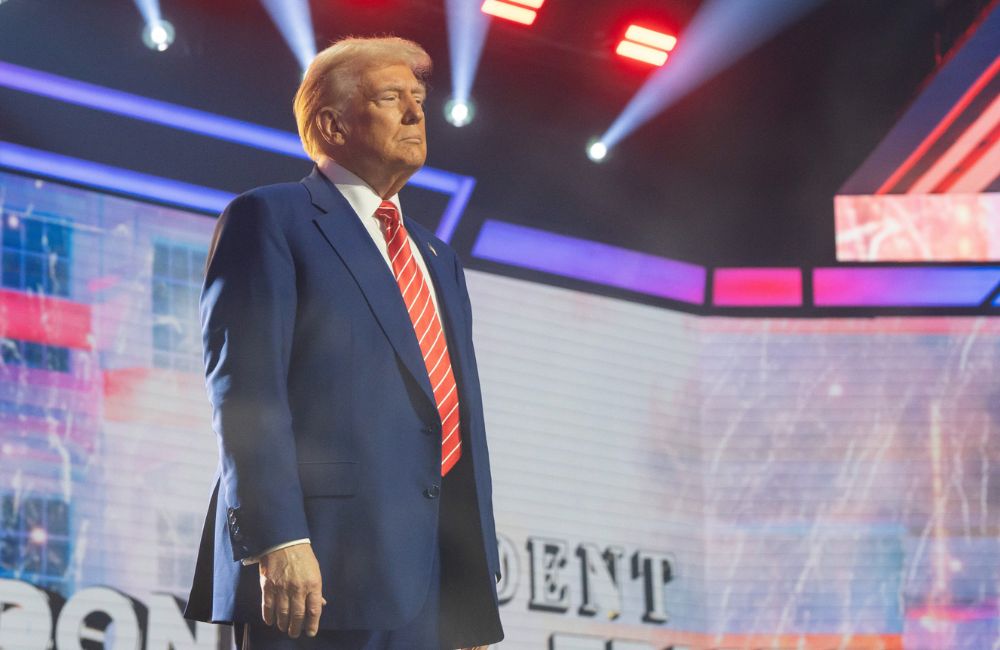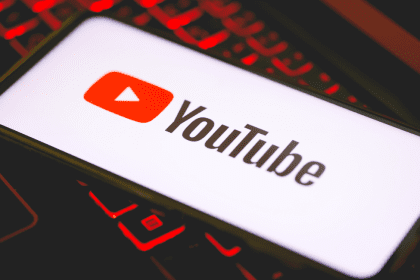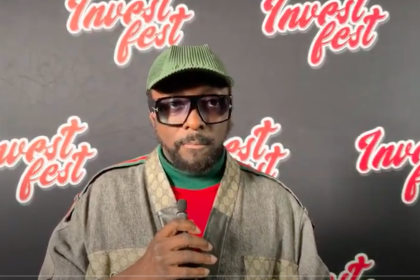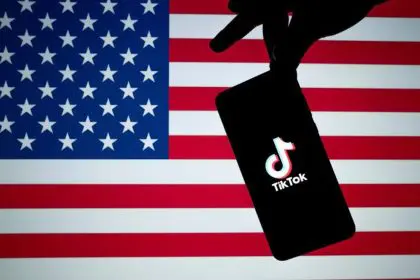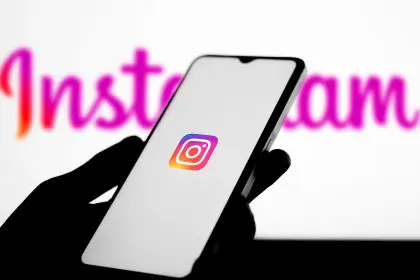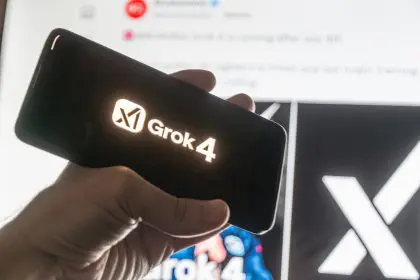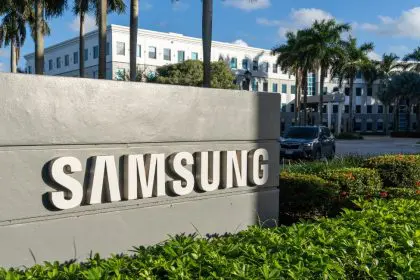Donald Trump may keep TikTok around “for a little while”.
The US President-elect – who will be inaugurated on January 20, 2025 – was previously all for the Chinese-owned video-sharing platform being banned over security concerns, but over the weekend he suggested the app might have helped him gain votes in the presidential election. TikTok’s political content has seen a 500% increase in engagement during the 2024 election cycle.
“We did go on TikTok, and we had a great response. We had billions and billions of views,” he noted, speaking at Turning Point USA’s AmericaFest conference in Phoenix, Arizona on Sunday (22.12.24). The conference, which attracts thousands of young conservative activists, has become a key platform for political messaging.
Last week, the US Supreme Court agreed to review a request from TikTok’s parent company ByteDance to halt a new law that would require the app be sold to a non-Chinese company by January 19, or face a ban in the US. ByteDance, valued at over $220 billion, has been at the center of ongoing debates about data security and national interests.
TikTok – which sued the US government in May over the potential ban – said the law violates the First Amendment. The platform’s legal team has argued that the ban would affect millions of American content creators who rely on the app for their livelihood.
Arguments will be heard on January 10. Legal experts suggest this case could set precedents for future regulation of social media platforms owned by foreign entities.
Meanwhile, Trump also branded rumors suggesting Elon Musk will be president “a hoax”. The speculation had gained traction on various social media platforms, reaching millions of users.
“You know, they’re on a new kick. All the different hoaxes. The new one is that President Trump has ceded the presidency to Elon Musk. No, no, that’s not happening,” he said at the event. This statement comes amid increasing intersection between tech leadership and political influence.
Trump made billionaire businessman Musk the head of his newly formed Department of Government Efficiency (DOGE) alongside Vivek Ramaswamy. This appointment reflects growing ties between Silicon Valley leadership and political administration.
The potential shift in TikTok policy highlights the complex relationship between social media platforms and political campaigns. Recent studies show that social media platforms played a crucial role in reaching younger voters during the 2024 election cycle, with TikTok emerging as a particularly influential platform among voters aged 18-29.
The ByteDance lawsuit against the US government has drawn attention from other tech companies and international businesses, as it could establish important precedents for foreign technology companies operating in the United States. Industry analysts suggest that the outcome could influence future international technology investments and operations.
The Supreme Court’s decision to review the case comes at a time when concerns about data privacy and national security are at the forefront of public discourse. Cybersecurity experts have highlighted both potential risks and benefits of allowing foreign-owned tech platforms to operate within the US.
Trump’s apparent softening stance on TikTok represents a significant departure from his previous position, which had called for an immediate ban of the platform. Political analysts suggest this change might reflect a growing recognition of social media’s importance in modern political campaigning.
The Department of Government Efficiency (DOGE), headed by Musk and Ramaswamy, is expected to play a key role in shaping future technology policies and government modernization efforts. The department’s formation signals an increased focus on incorporating tech industry expertise in government operations.
Industry observers note that the outcome of the TikTok case could have far-reaching implications for international business relations, particularly in the technology sector. The decision could set important precedents for how the United States handles foreign-owned technology companies and data security concerns in an increasingly interconnected global economy.

